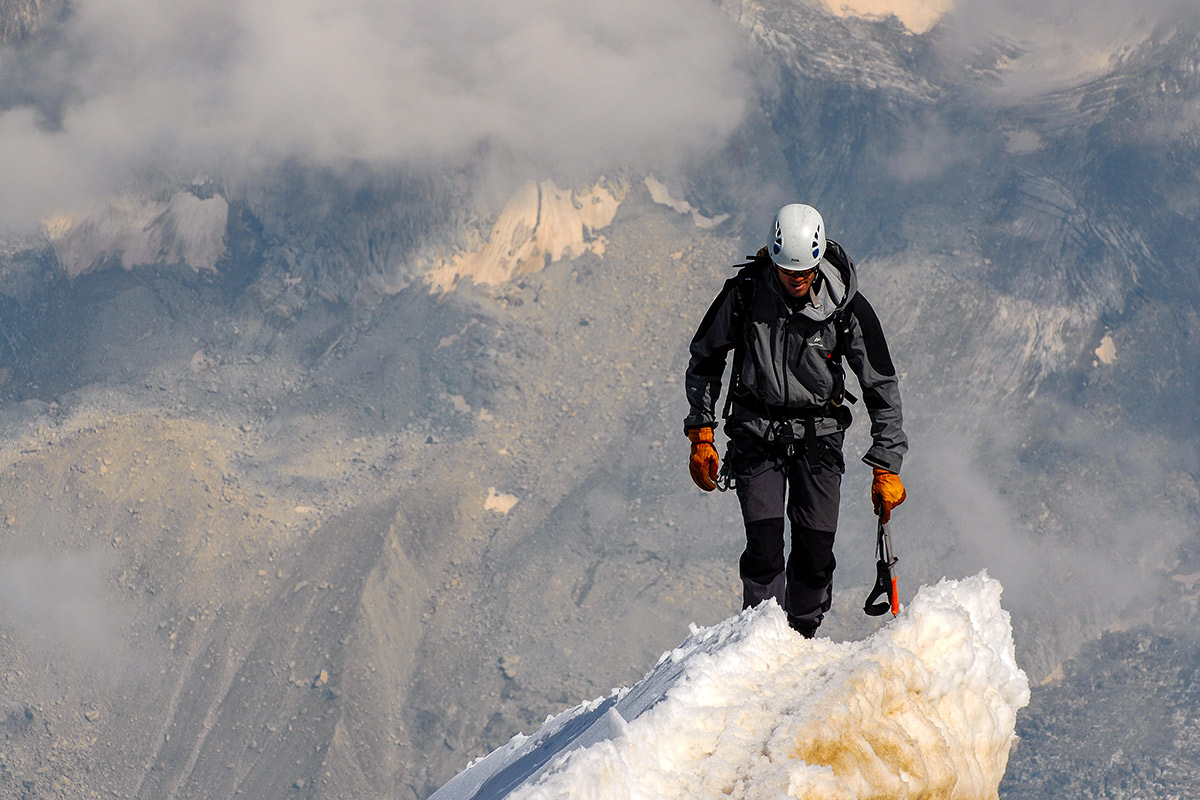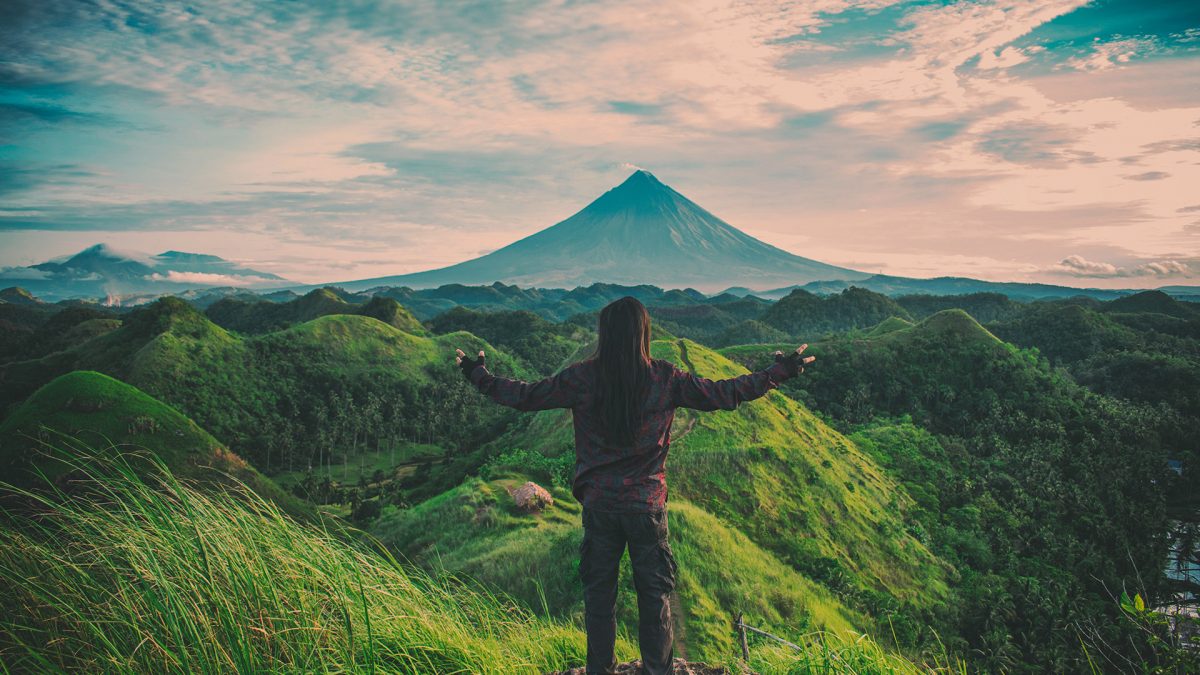
10 Things You Should Know Before Becoming a Mountaineer
December 19, 2018
Recommended Rates of Ascent
April 10, 2019Where can you get mountain medicine advice you can trust?
Many people contact the local federations for general or personal medical advice. In a genuine emergency the federations medical advisors will try to help, but many questions could be answered by consulting reputable texts and websites or by attending one of the many courses run on mountain medicine. This article attempts to steer those with problems, those requiring information or simply those who are happily neurotic to the best source of advice.
Websites
The web is a fantastic resource for information and discussion but equally is also a potential source of unreliable misinformed opinions with no peer review filter system. One only has to scan the postings on UKClimbing.com to appreciate the prevalence of ideas based on poorly understood medical concepts, or how many ideas still circulate based on outdated medical concepts. As a BMC advisor I keep well away from most of these postings, although I will comment if dangerous points are drawn to my attention and will try to steer the participants in the right direction for more up to date information. Personal medical advice has no place on an open forum. So what websites do I respect and recommend?
The UIAA – The International Mountaineering and Climbing Federation
News and preventative advice sheets on many subjects including:
- Children at Altitude
- Mountaineering with Pre-existing Medical Conditions
- High Altitude Illness
- Treatment of High Altitude Cerebral Edema (HACE) and High Altitude Pulmonary Edema (HAPE)
- Traveller’s Diarrhoea
- Water Purification
- How to assess the quality of a Commercial Trek or Expedition
- Diet for Mountaineering
IKAR – The Commission for Alpine Rescue
The rescue equivalent of the UIAA’s preventative advice so for practical treatment advice at an international level use this site. Click for an English translation and then on the section for Alpine Medicine. Under Recommendations there are good articles on hypothermia and frostbite. Also useful section on international rescue services. Under Publications one can find details of their excellent avalanche rescue DVD, Time is Life.
Fit for Travel
Travel advice on immunisations, malaria and foreign medical risks. A free government-sponsored site open to the layman but used by many doctors and travel clinic nurses. Based on good quality international data.
Ciwec Clinic, Kathmandu
Where in the world would you expect a clinic to have a massive database on Traveller’s Diarrhoea and High Altitude Illness? Get your information direct from the international experts based in Nepal. Well worth a read to update yourself prior to any high altitude trek to a country where you are likely to spend several hours suspended above a remote latrine.
Centers for Disease Control and Protection
An American government site from Atlanta, Georgia for those who really want to enjoy ill health abroad.
National Travel Health Network and Centre (NaTHNaC)
The British government equivalent to the Centers for Disease Control. With a stiff upper lip you will not be as anxious as if you were to use the American equivalent.
Medex and Medical Expeditions
A British-based mountain medicine education charity that produces a free downloadable altitude travel booklet and runs a variety of course for doctors and the interested layman. This site also lists all the holders of the UK/UIAA/IKAR/ISMM Diploma of Mountain Medicine with details of their specific areas of expertise.
Courses
Most people do not consider undertaking a first aid course until standing next to an injured companion on a boulder mat at an indoor wall or in a remote mountain arias. For the former a basic Red Cross, St John or St Andrew first aid course will be ideal but for the latter a more specific outdoor course is much more relevant.
Whilst there are some excellent courses on remote area first aid available that are run by genuinely experienced expedition doctors and paramedics there are also some “Rambo” style courses which would have the lay mountaineer performing advanced surgery in a remote setting.
Rescue Emergency Care Courses
These modular courses vary from a two day basic course to a three day remote area module and a daylong high altitude module. All are run by approved trainers and the emphasis is on a very practical approach to problems with scenario based training normally held in the outdoor environment. Courses are run in the mountains by KOMOAAP instructors.




